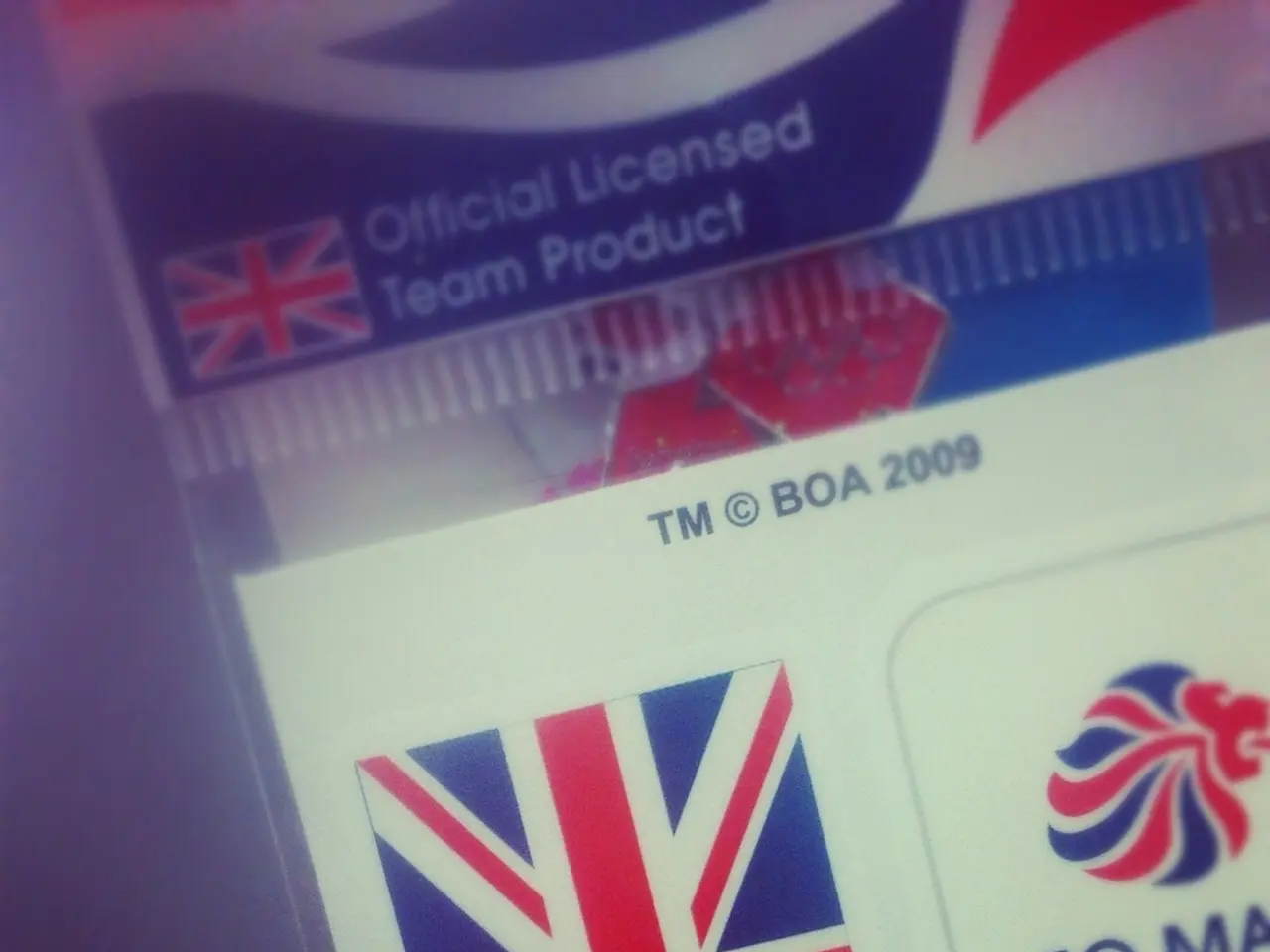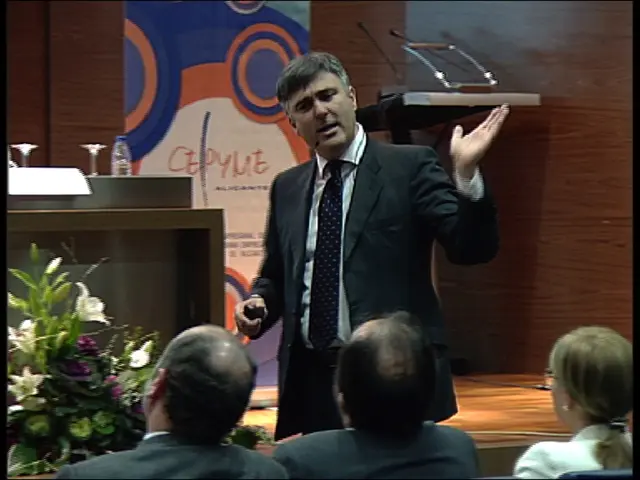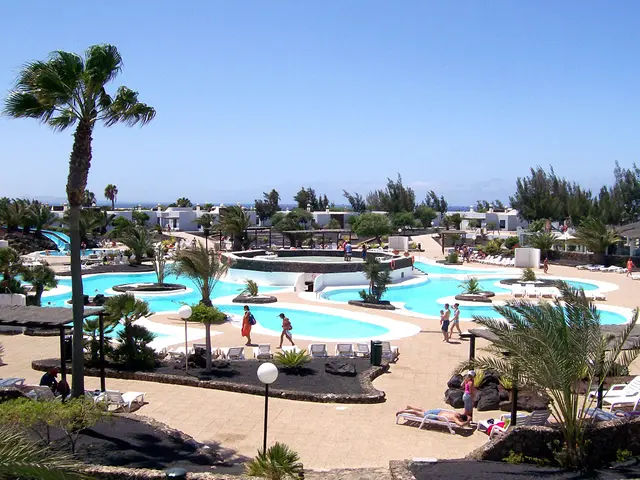Tight Antimoney Laundering Laws in Israel - Ranking Amongst the Most Restrictive Nations Globally
Israel, considered a high-risk country for money laundering, has implemented robust Anti-Money Laundering (AML) regulations to curb illicit activities. The key AML law in Israel is the Prohibition of Money Laundering Law, 5760-2000.
The regulations cover various entities, including Money Service Businesses (MSBs), commercial banks, financial institutions, e-wallets, and fintech platforms, under the AML/CTF (Counter-Terrorism Financing) regime.
MSBs are expected to perform thorough identification and verification of clients, with increased scrutiny on high-risk customers and cross-border transactions. This Customer Due Diligence (CDD) involves collecting and verifying a customer's name, address, and other personal data during onboarding. For corporations, certified copies of their registration certificate, foundation documents, and resolutions are necessary.
Ongoing monitoring is another crucial aspect of AML compliance. Real-time transaction monitoring, behaviour analysis, and maintaining comprehensive audit trails are required to detect suspicious activities effectively. The incorporation of advanced technology tools for monitoring and compliance is emphasized, including validation and oversight of third-party service providers.
Israel is moving toward increasing competition and modular banking licenses, which may expand and refine AML oversight for entities like MSBs to maintain system stability while managing risks. Fintechs and digital wallet providers, which often operate in the MSB space, are also under heightened compliance demands.
Israel's AML requirements align with global AML/CTF trends, such as adherence to standards recommended by the Financial Action Task Force (FATF). The country is FATF compliant and has been a member since 2018. The Israel Money Laundering and Terror Financing Prohibition Authority (IMPA) collaborates with national law enforcement and security authorities, banking sector regulators, and FIUs worldwide.
Notably, Israel has successfully identified and understood the risks associated with money laundering, which is reflected in the country's AML/CFT policies and activities. However, instances of money laundering for organized criminal activity have risen by 12.2% in Israel in 2021, underscoring the need for continued vigilance.
In conclusion, Israeli MSBs must comply with robust AML frameworks emphasizing due diligence, ongoing transaction monitoring, technological integration, and enhanced supervision. This reflects both domestic regulatory reforms and alignment with global AML standards. The trend is toward modernization and increasing transparency, especially for new fintech entrants as Israel expands its financial services competition framework.
- Beyond the industry of finance, other sectors like cybersecurity, lifestyle, home-and-garden, business, personal-finance, data-and-cloud-computing, technology, education-and-self-development, personal-growth, shopping, social-media, career-development, casino-and-gambling, entertainment, politics, and general-news are also expected to maintain some level of anti-money laundering (AML) awareness and compliance.
- The rise in cybersecurity threats points to a growing need for AML measures to protect financial institutions and businesses from cybercrime and money laundering activities.
- For individuals and businesses interested in personal-growth and self-development, understanding the basics of AML regulations and impacts is integral for smart personal-finance management and investing.
- As more people engage in online shopping and social media, the risks of money laundering activities become apparent, making it critical for e-commerce platforms to adopt strong AML measures.
- Ongoing education and self-development in areas like AML regulations can play a significant role in a person's career-development, allowing them to advance in the finance, entrepreneurship, and business sectors.
- As Israel intensifies its focus on AML regulation and oversight, the casino-and-gambling industry may face increased scrutiny, ensuring a more transparent playing field and combating illicit activities.
- Sporting events, particularly international tournaments, are often targeted by organized criminal groups for money laundering activities; thus, maintaining strong AML guidelines is integral in the sports industry to ensure fair play and prevent criminal activities.
- With crime-and-justice systems becoming more accountable and data-driven, AML investigations can help identify and prosecute criminal syndicates involved in money laundering.
- As Israel moves towards increasing competition and modular banking licenses, learning about AML regulations becomes vital for new fintech entrants to navigate the industry and stay on the right side of regulatory compliance.
- With the continually evolving technology landscape, technological innovations can help enhance AML monitoring and compliance, enabling authorities to address new money laundering threats and maintain financial stability.
- A successful AML framework in Israel not only helps curb money laundering activities, but also benefits the country's economy by fostering a competitive, secure, and transparent business environment, promoting learning and growth in multiple industries.




